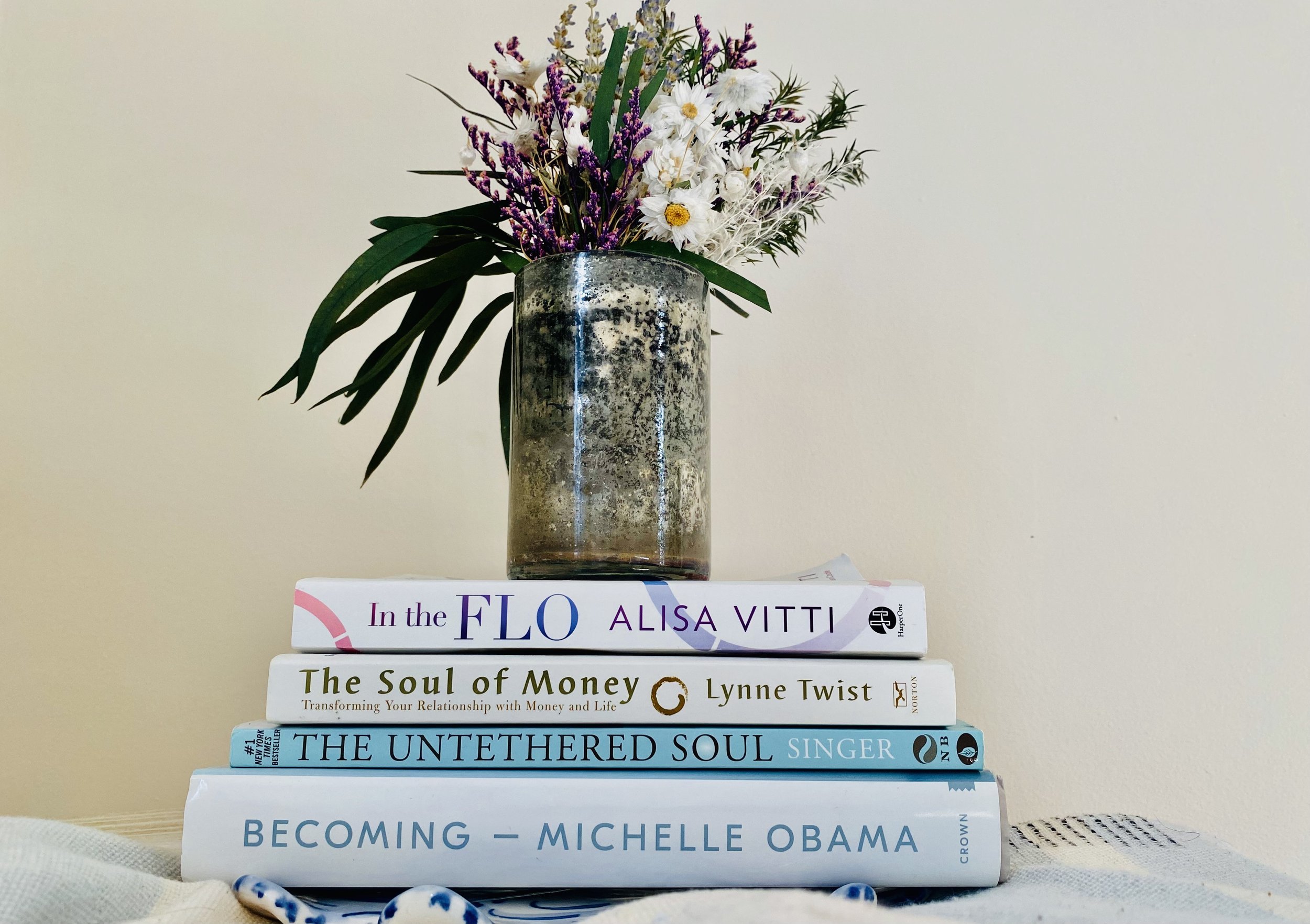Who Will Tell Our Stories?
These past few weeks have been marked with the kind of earth shattering, heart stopping, exhausting days you wouldn’t wish on anyone. First, our dear friend lost his father suddenly. Then, my grandmother passed away less than three weeks later - seven months after my grandfather. Two funerals, countless eulogies, and lots of tears later and I’m left sitting here in my apartment on a Friday - the day I usually called my grandmother - ruminating in the silence her absence has left.
My grandparents both were the glue that held my extended family together. I knew what was happening in everyone’s lives because they told me - with passion and care for the messy, loving family they created together. They were expert storytellers - always quick to delight our holiday dinners with a crazy story of their travels, a heart-wrenching tale about a struggle in their childhood, or a commentary about how things were easier back when they were my age. I loved their stories. I loved the way their faces lit up as their words moved gracefully toward the punch line. I loved how they looked at each other, a sparkle of knowing as they exchanged with a glance a part of the story only they would share with each other. I loved the way their tales weaved like a connective thread through my family, uniting and anchoring us through their steady web of words.
Today, without my usual Friday call, I heard no stories. We’ve closed one book and opened a new one - with hundreds of blank pages waiting for my family to fill. But in a world where quick texts have replaced meaningful calls, where face time (the real kind, not the app) causes massive anxiety, and where true connection is interrupted by the speed of life, I struggle to find the time or space to write even a few words on the page with the elegance and grace that my grandparents did. I wonder in the deafening silence, who will tell our stories?
“Story, as it turns out, was crucial to our evolution — more so than opposable thumbs. Opposable thumbs let us hang on, story told us what to hang on to.” - Lisa Cron
You see, I’ve always loved stories - reading them, telling them, sharing them. They’re portals to new worlds and keys to education and lessons on history and pure freedom, beautifully contained between two covers. Yet, in this space of mourning I’m realizing that stories are so much more than that. Storytelling connects us in deeply meaningful ways. It’s a space where “I” becomes “we”. It helps us understand our collective place in the world. It challenges us to see cultures and problems and people at a personal level few other forms have the power to allow us to.
As we reduce our expansive stories into character limits, 15 second clips, and memes.
As we avoid telling others our stories for fear of judgement or lack of acceptance.
As we distract ourselves from the true stories and lessons we can’t bear to process.
As we shout that our stories are better or more important or more right than others’ tales.
We unravel.
Our words are being erased from the page. Our stories segmented - no longer allowed to sit on the same shelf as other novels that differ from our own. Our energy to continue writing being all consumed by false narratives and a world struggling to even try and appreciate each other and listen to the unique tales that all surround our collective humanity. History is not much without “story”. Our very existence relies on our ability to contextualize it within the pages of our stories and it’s getting terribly skewed by our perception that an online post will provide the same benefit as an in person conversation.
We’re chasing happy endings we assume are such because they’re shiny and filtered on Instagram and are missing the entire point that the story is the happiness. The turn of the page, the furious scribbling of the next chapter, the starting again when the pen leaks or water damages the page, the sharing of the great read is the whole point.
“We are, as a species, addicted to story. Even as the body goes to sleep, the mind stays up all night, telling itself stories.”- Jonathan Gottschall
As we stand now, we run the risk of no one being able to tell our stories when we’re gone - and that would be absolutely tragic. From hieroglyphics to poetry to films - storytelling has always been what has made us human. An innate need, a tool for connection and to help future generations learn from our past.
To tell our stories is to bridge the widening gap between us.
“It’s not magic that takes us to another world, it’s storytelling.” - Val McDermid
In the face of immense grief, I know there is one thing I can do to honor my grandparents. To commit to keep their memories alive through telling their stories and to meaningfully shaping and sharing my own. To connecting with my extended family to ensure our story as a cross-country unit is not lost in the jet streams of flights to our various homes. To discover the stories that expand my world, challenge my preconceptions, and help me be more empathetic to people different from me. To write my story and tell it proudly and listen to others with unrestrained love. Because though the comfort of the old book has closed- in this beautiful, shiny, blank one lies the promise of building a new sense of home and it’s an opportunity I refuse to miss.
After all, in the words of Ira Glass, the greatest stories happen for those who have the courage to tell them.









































Health coach, meditation teacher, reiki master and woman on a mission to help you live life on your terms.
Read More